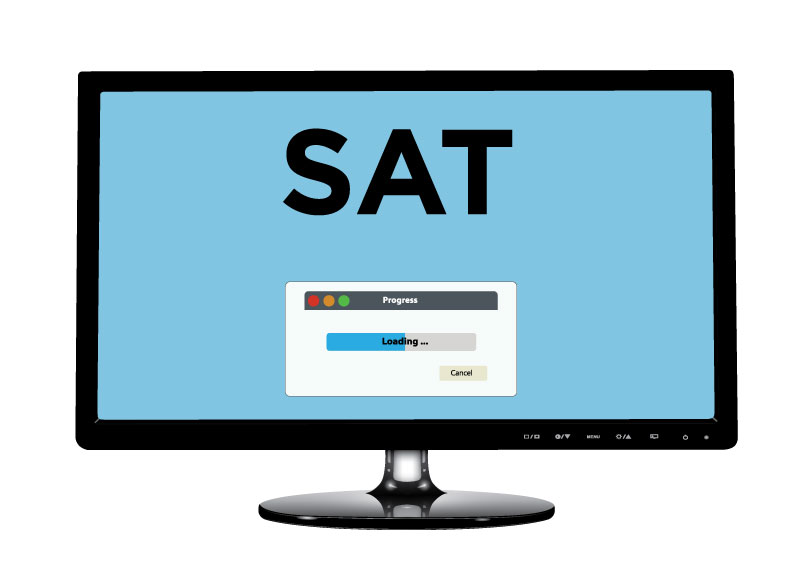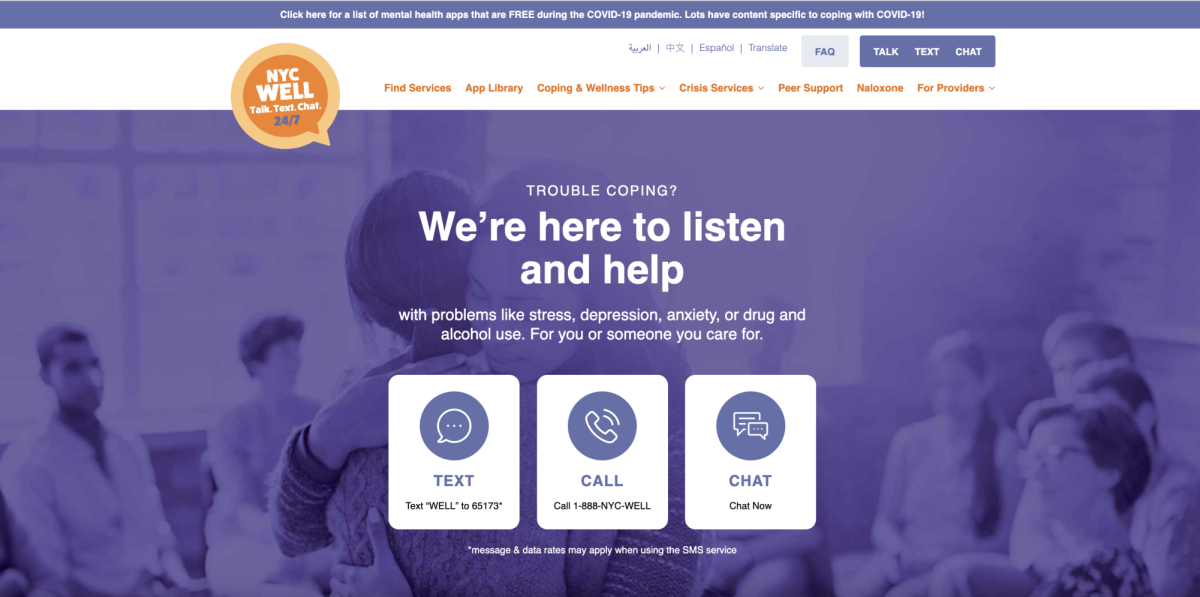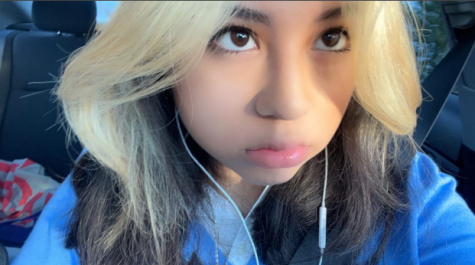The case is clear: we have a serious mental health problem in our country. Many of those who have been diagnosed with a mental health illness have spoken about how hard it is to cope with it. From realizing there is a problem, to being diagnosed, to getting help, there are many insurmountable mental health challenges for most Americans. One issue, according to Fast Company, is that an estimated 40% of patients pursuing mental healthcare were redirected to approximately four or more associates. Another issue is that insurance doesn’t provide much coverage for patients; in fact, about 52% of those who seek coverage from insurance companies are denied at least three or more times. This discourages those newly seeking not only professional help but also financial help from insurance, as logistically speaking, 17% & at least one in five Americans refuse to get help due to these issues. What people must realize is that mental health is health, and it is equally if not more important to seek assistance for these issues.
How does mental health affect the individual? Mental health can affect one in many ways, such as emotionally and physically. According to Dr. Mercedes Carnethon, “psychological distress informs our decision-making.” What does this truly mean? It means that when one is truly in such a state of panic and anguish, it tends to have an impact on our decisions in life, and people may impulsively decide to do something they wouldn’t regularly do. According to Washtenaw County Health Department, “poor mental health is a risk factor for physical conditions like diabetes, heart disease, chronic pain, and respiratory conditions.” When one is unmotivated, in a state where you feel as if you can’t believe in yourself to do regularly scheduled things in your life, it eventually leads to you deteriorating physically, not being able to keep up with yourself and taking care of your body, it demotivates the mind even more which causes one to be in a cycle until you’re able to realize their situation and be strong enough to pull themselves out of it; but sadly, this generally doesn’t happen.
What can one do to better help themselves? If you are a teenager in New York City, a new program called Talkspace (also known as NYC Teenspace), has been introduced for 13-17 year olds. Getting involved is as simple as putting in your name and address, as well as your parents’ information and email so they can provide consent. Then you are able to fill out a form to assess your needs, and eventually you will be connected to a licensed therapist. According to the Talkspace website, “If a teen turns 18 while enrolled in the program, they can continue with their therapist until June 30 of the following year. Then, if they choose to continue, they can pay with insurance or out-of-pocket.” Even after legally become an adult, you’re able to access the help you feel you need. There are also many resources available for those not eligible for the Teenspace. There are multiple websites such as Mindful Care and Zocdoc that will help you book an appointment in your area. And if you prefer to speak to someone urgently on the phone, you are able to call or text 988 for immediate assistance.
Just keep in mind that you are never alone, and there is always someone who does care about you.































